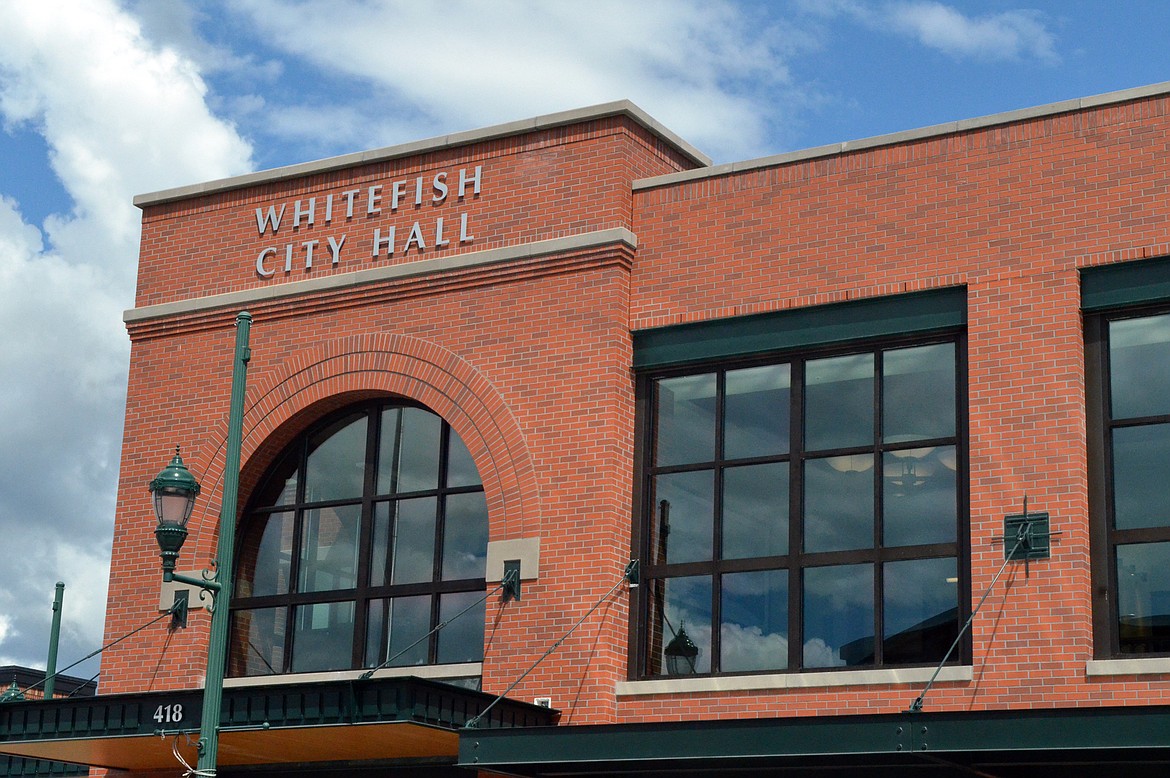Whitefish may stop licensing vacation rentals for 90 days
The Whitefish City Council on Monday will consider imposing a 90-day moratorium on the processing and issuing of new licenses for short-term vacation rentals, which are often cited as one of many factors contributing to a severe shortage of workforce housing.
City officials want to slow the rapid proliferation of vacation rentals, such as those listed on Airbnb and Vrbo, while they study the issue and craft better regulations.
An ordinance scheduled for a hearing Monday notes the city has received numerous complaints about short-term rentals operating in residential zones where they aren't allowed.
It also says Whitefish "has experienced a marked increase in the number of overnight visitors, resulting in a strain on city resources and infrastructure as well as negatively impacting the ability of local businesses to serve and accommodate citizens and visitors."
Dylan Boyle, executive director of the Whitefish Convention and Visitor Bureau, advocated for a licensing moratorium in a letter to the City Council, which recently held a work session on the matter.
Boyle reported there are 1,271 short-term rentals listed within the 59937 ZIP code, which includes Whitefish and some areas just outside city limits. They average 2.3 bedrooms apiece, for a total of more than 2,900 guest rooms, he said — more than twice the number of hotel rooms and other traditional lodgings in the area.
Of those 1,271 short-term rentals, roughly 260 are licensed by the city and operating within city limits. Whitefish has about 3,800 housing units, and based on the city's current zoning regulations, up to 726 of them could be used as short-term rentals.
In a recent letter, Whitefish Planning Director David Taylor recommended the city define consecutive stays of fewer than 90 days as a short-term rental use, while still allowing long-term, month-to-month rentals in order to protect tenants. (The current definition is fewer than 30 days.)
Taylor also said the council should consider "significant increases" in short-term rental registration fees to cover the city's costs related to enforcement, staffing, materials and software, and the city should publish an online map of registered rentals to discourage visitors from booking illegal units.
The city also could require short-term rental hosts to include their city registration numbers and property addresses "on any print, internet site or other medium" where their units are listed or booked, Taylor suggested.
The council will consider the licensing moratorium during a meeting beginning at 7:10 p.m. Monday at City Hall, 418 E. Second St.
Assistant editor Chad Sokol may be reached at 406-758-4439 or csokol@dailyinterlake.com.

